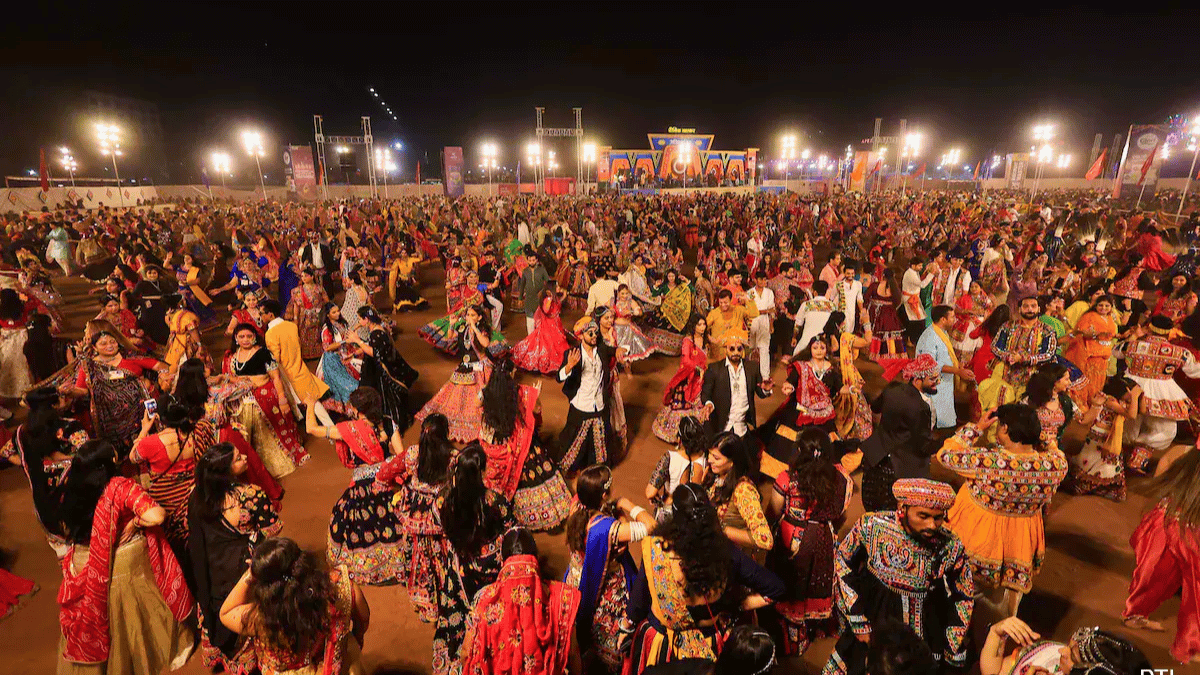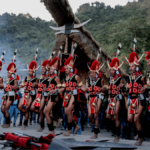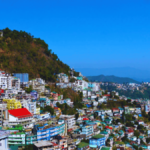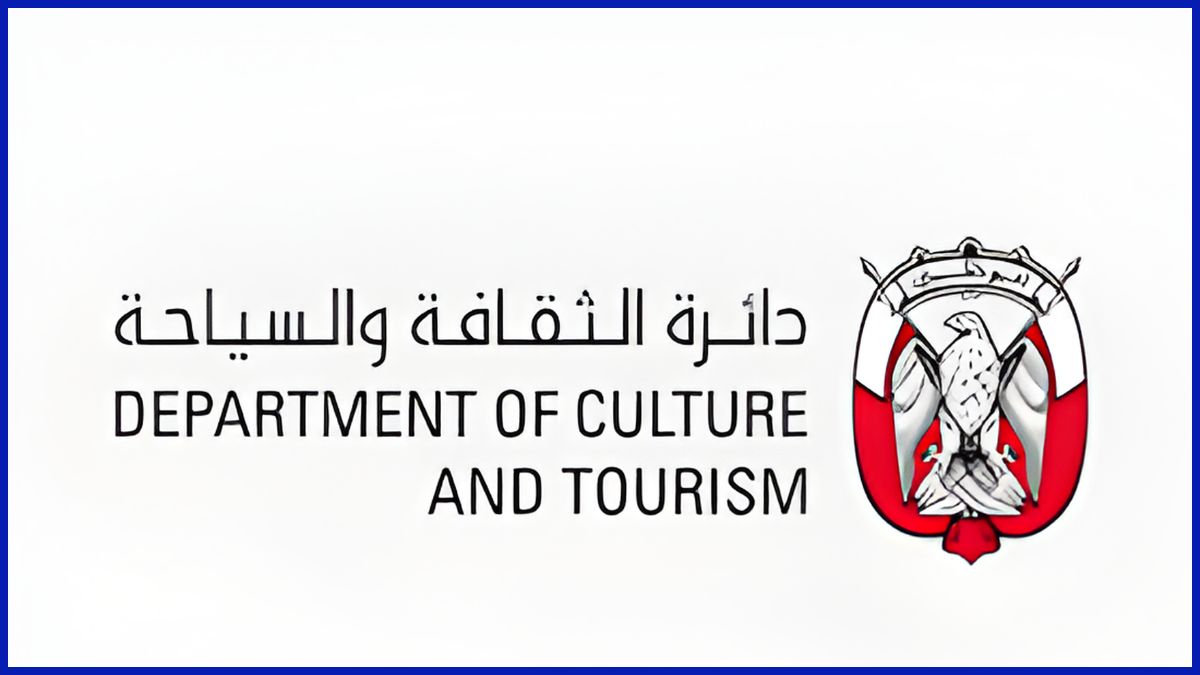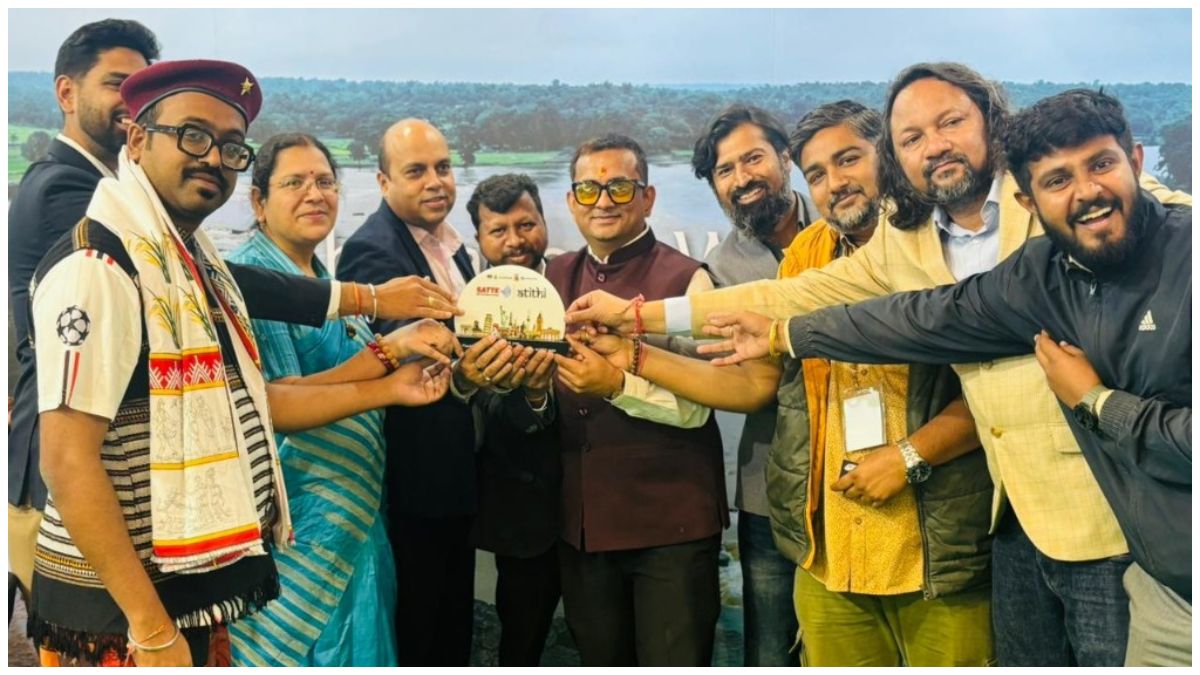Gujarat’s Garba Dance: UNESCO Heritage
In a momentous achievement, Gujarat’s beloved Garba dance, a traditional communal dance form, has secured a coveted spot on UNESCO‘s Representative List of Intangible Cultural Heritage (ICH) of Humanity. The announcement of this milestone came from Chief Minister Bhupendra Patel on Wednesday, marking a proud moment for the state.
They conferred this esteemed recognition under the provisions of the 2003 Convention for the Safeguarding of Intangible Cultural Heritage. During the 18th meeting of the Intergovernmental Committee for the Safeguarding of the Intangible Cultural Heritage in Kasane, Botswana, they made the decision.
Garba’s inclusion on the list is a testament to its cultural significance, making it the 15th ICH element from India to receive this honor. The dance, deeply entrenched in ritualistic and devotional traditions, plays a crucial role in fostering social and gender inclusivity. An official release emphasized the enduring vibrancy of Garba, which unites diverse communities in a celebration of cultural richness.
Gujarat Garba Dance in UNESCO
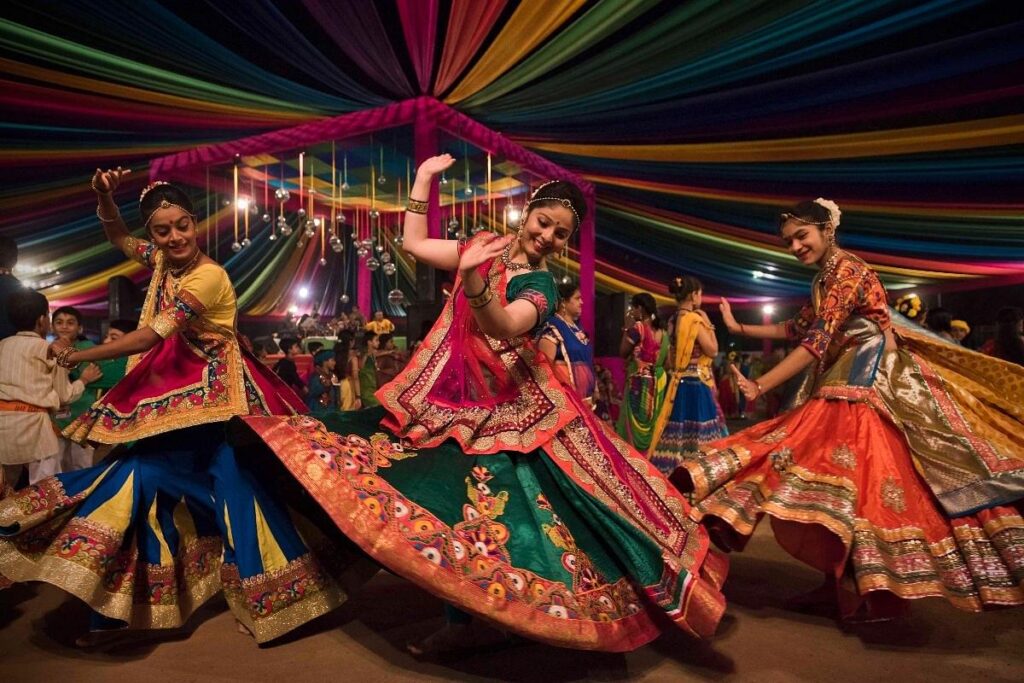
Union Culture Minister G Kishan Reddy expressed the nation’s pride in this achievement through social media. Reddy underscored Garba’s symbolic representation of celebration, devotion, gender inclusivity, and social equality, transcending geographical boundaries. The inscription of Garba on UNESCO’s prestigious list is viewed as a testament to the government’s persistent efforts, led by Prime Minister Narendra Modi, to showcase India’s rich cultural heritage on the global stage.
During its 18th session in Botswana, UNESCO’s intergovernmental committee, as part of the 2003 convention on the Safeguarding of the Intangible Cultural Heritage, officially recognized ‘Garba of Gujarat.’ The UNESCO New Delhi cluster office also shared the excitement, declaring, “Excited to share that #Garba of Gujarat is now India’s 15th inscription on the UNESCO Representative List of Intangible Cultural Heritage of Humanity!”
Garba, traditionally performed during Navratri to honor feminine energy or Shakti, joins the ranks of previously recognized Indian cultural elements such as Durga Puja in Kolkata (2021), Kumbh Mela (2017), and Yoga (2016).

